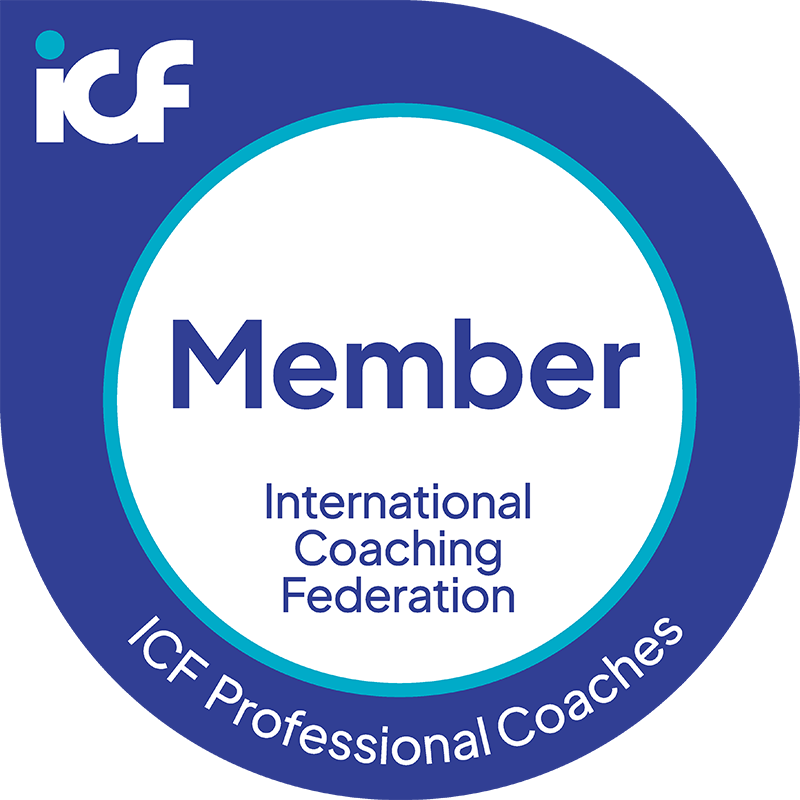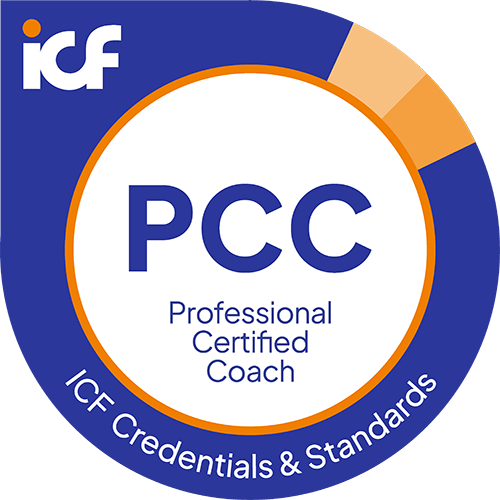The International Coaching Federation (ICF) Code of Ethics is composed of five main parts and an appendix.
1. Purpose
The International Coaching Federation (ICF) is the world’s leading coaching association.
The ICF is made up of six family organizations (FOs). Together, they form the ICF Ecosystem. The FOs are: ICF Professional Coaches, ICF Credentials and Standards, ICF Coaching Education, ICF Foundation, ICF Coaching in Organizations, and the ICF Thought Leadership Institute. The ICF Global Board provides strategic direction for and coordination of the complete ICF ecosystem.
Based on its mission and responsibility, ICF provides a code of ethics setting out ethical standards of professional conduct required to be adhered to by all within the ICF Ecosystem, whether acting as ICF professionals (see definition) or in any other capacity. The roles and responsibilities governed by the ICF Code of Ethics include ICF professionals, ICF staff (see definition), volunteers, members of ICF boards, leaders of ICF Communities of Practice, and members of ICF global committees, task forces, and core teams (whether they are ICF professionals or not).
The ICF Code of Ethics incorporates the core values of the International Coaching Federation (ICF Core Values) as a foundation to understanding the ICF Code of Ethics, ethical principles, and ethical standards of conduct.
The ICF Code of Ethics serves to uphold the integrity of ICF and the global coaching profession by:
Setting standards of conduct consistent with ICF core values and ethical principles.
- Guiding ethical reflection, education, and decision-making.
- Adjudicating and preserving ICF ethical standards through the ICF Ethical Conduct Review (ECR) process.
- Providing the basis for ICF ethics training in ICF accredited programs.
This Code of Ethics is intended to assist those persons subject to the Code by directing them to the ethical factors, values, and principles that need to be taken into consideration whenever they need to engage in ethical reasoning and ethical decision-making.
The ICF Code of Ethics applies when people represent themselves as belonging within the ICF ecosystem and/or ICF professionals in their professional interactions.
The challenge of working ethically means that those within the ICF ecosystem will inevitably encounter situations that require responses to unexpected issues, resolution of dilemmas, and solutions to problems.
People within the ICF ecosystem strive to be ethical, even when doing so involves acting courageously and making difficult decisions that uphold the “DO GOOD” principle when it comes to their stakeholders.
Part 4 of the Code articulates the ethical obligations of ICF professionals who are acting in their different roles as coach, coach supervisor, mentor coach, trainer, and student coach-in- training.
The ICF Independent Review Board serves to uphold this Code of Ethics through the Ethical Conduct Review (ECR) process, which is applicable to all ICF professionals.
ICF mandates that all credentialed ICF professionals have continuous ethical education and training. Furthermore, ICF accredited coaching education programs are required to provide ethics training as ICF considers ethics to be the foundational element of the coaching profession.
The ICF Code applies to all individuals or entities falling within the ICF ecosystem. No individual or entity falling within the ICF ecosystem may opt out of any section or part of the Code, nor are they permitted to delete, modify, or amend any provisions within the Code.
2. ICF Core Values and Ethical Principles
The Code of Ethics provides guidelines for implementing the core values and ethical principles and shows how they are put into practice. All values and principles are equally important, support one another, and are aspirational. All within the ICF ecosystem are expected to honor the core values and align with the principles in all their professional interactions.
The core values and the related ethical principles are listed on the ICF website and are reiterated below
3. Commitments for All Within the ICF Ecosystem
The values are aspirational and a robust guide for ethical reasoning and decision-making. All within the ICF ecosystem are expected to honor and uphold these values in all their professional interactions.
We:
- Mindfully perform our duties with integrity and accountability by thinking globally, being courageous in our thoughts, actions, and speech, being aware of our impact, and bearing the responsibility of any consequences.
- Commit to excellence through continued personal, professional, and ethical development.
- Remain alert to cultural filters and demonstrate respect for cultures different from our own through open conversations about cross-cultural and multicultural differences.
- Maintain awareness of relationships and how they are influenced by factors including biases, power dynamics, and forms of systemic oppression, and actively address these factors through continuing education and open conversations.
- Cultivate our ethical growth and maturity through continuous self-reflection and increased self-awareness. If an ethical dilemma arises, we will pursue assistance where needed to resolve the matter.
- Respectfully attempt to communicate our concerns with others if we become aware of unethical conduct by them, and if necessary, seek ethical guidance for next steps.
- Communicate with those who need to be informed of the ethical responsibilities established by this Code by providing access to this Code of Ethics.
- Accept that behaving ethically means going beyond what is written in the Code of Ethics.
4. Ethical Standards for ICF Professionals
Meeting these ICF ethical standards of conduct is the first of the ICF core coaching competencies (ICF Core Competencies): “Demonstrates Ethical Practice: understands and consistently applies coaching ethics and standards.”
The following ethical standards are applied to the professional activities of ICF Professionals – regardless of an existing formal coaching relationship (see definitions) or not. These ethical standards are divided into five sections:
- Agreements for Client and/or Sponsor Engagement.
- Confidentiality and Legal Compliance.
- Professional Conduct and Conflicts of Interest.
- Commitment to Delivering Consistent Value.
- Professional Integrity and Accountability.
5. The Pledge of Ethics
While fulfilling any role within the ICF ecosystem, I promise to uphold my ethical obligations by adhering to the ICF Code of Ethics in all my professional interactions. I commit to doing my best to represent the integrity and professional reputation of coaching and the ICF.
I understand that ICF may, at its discretion and according to the ECR process, hold me accountable for violations of the ICF Code of Ethics. I further agree that my accountability to ICF may include sanctions for any violation, such as mandatory additional coach education, mentoring, supervision, or loss of my ICF membership and/ or ICF credentials.


